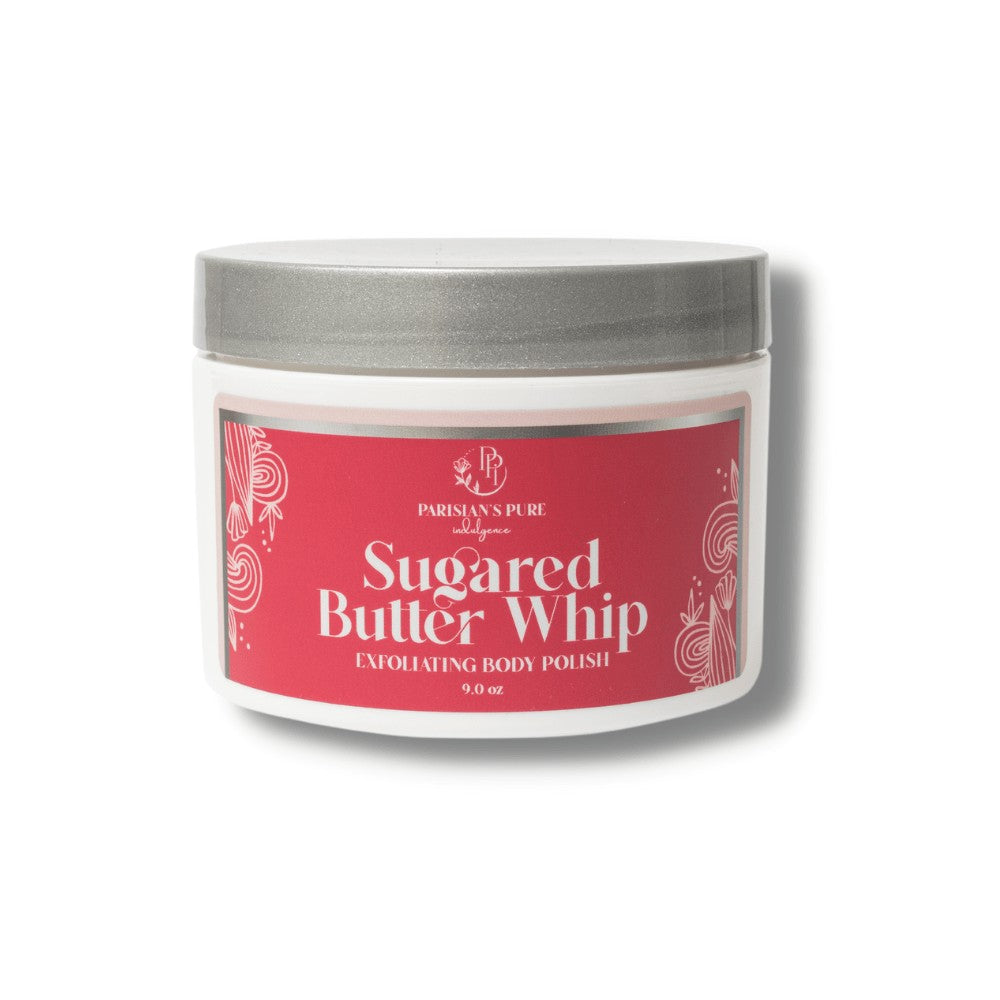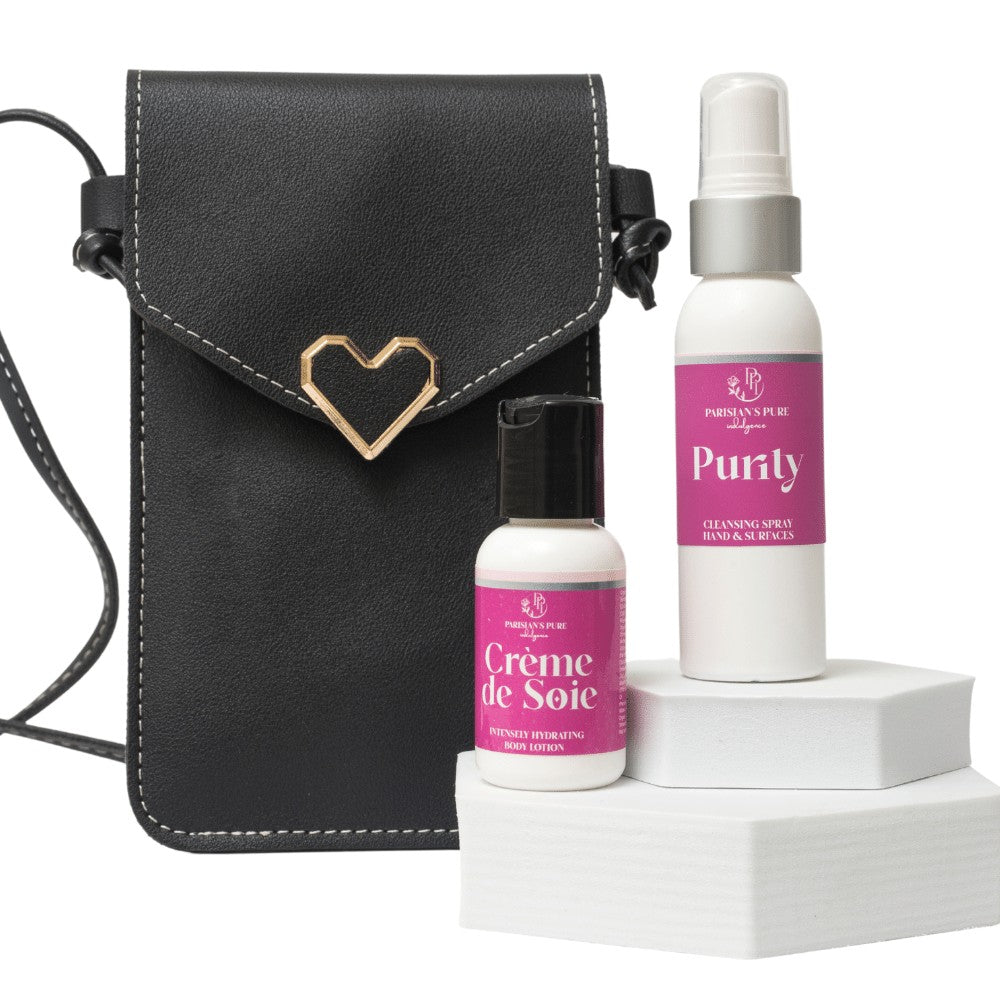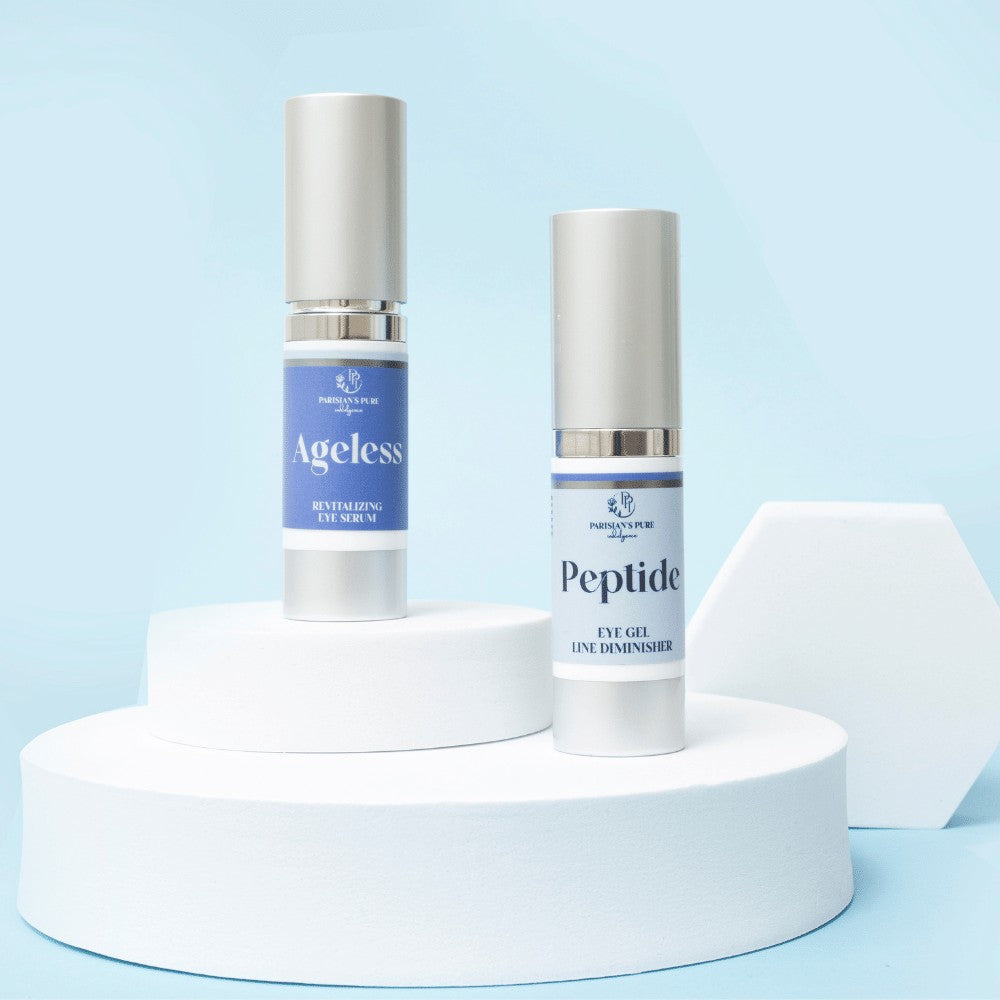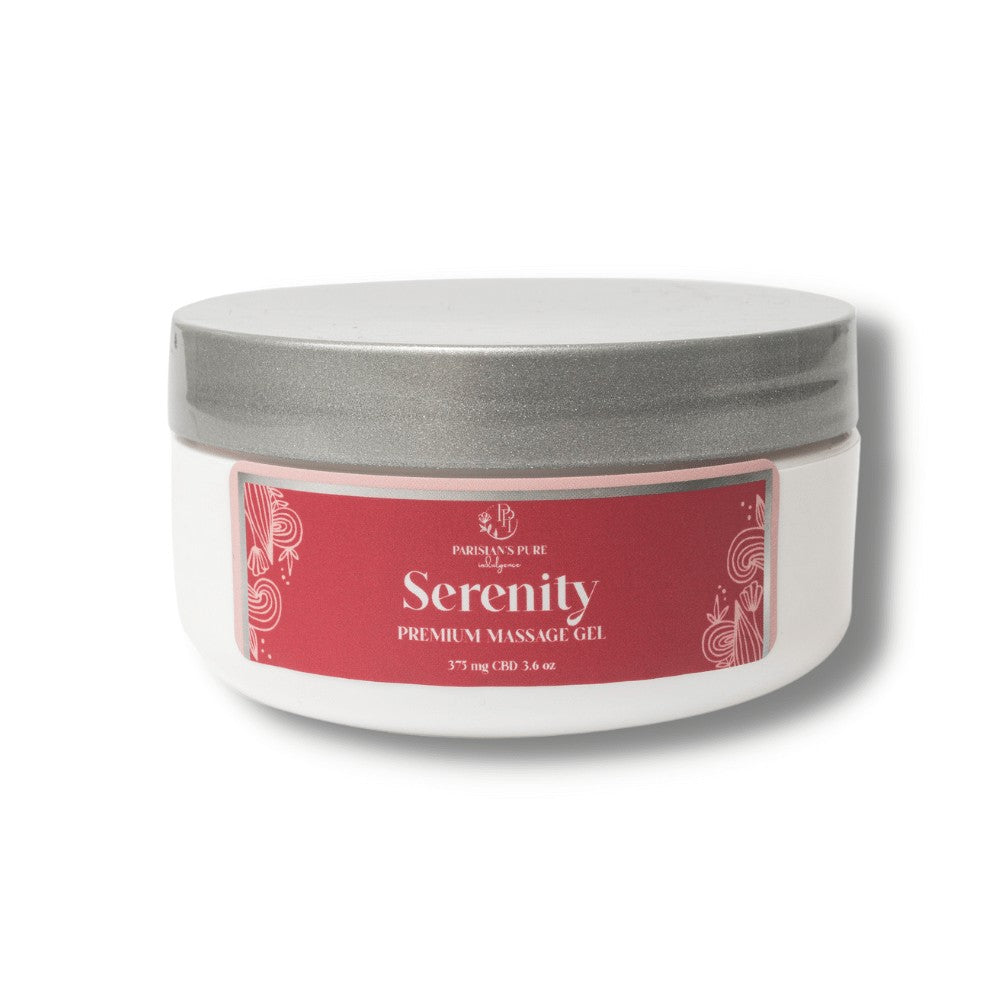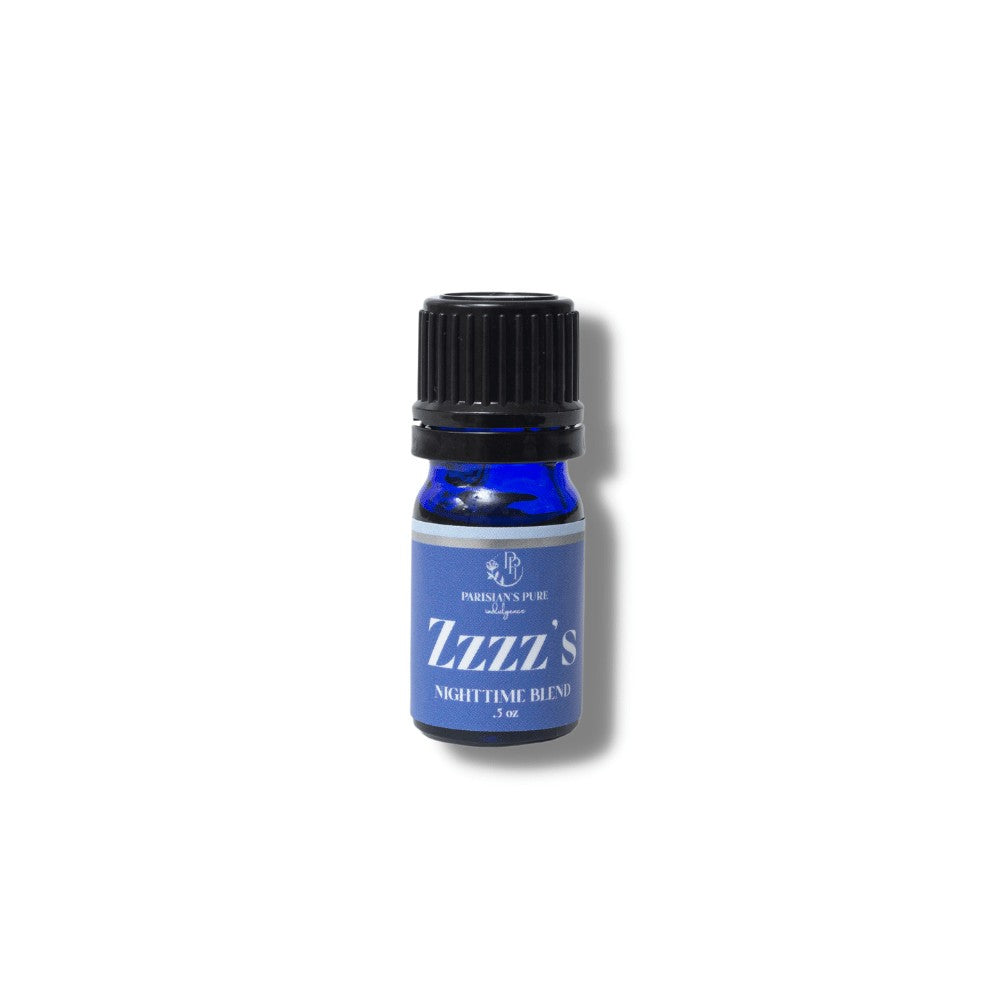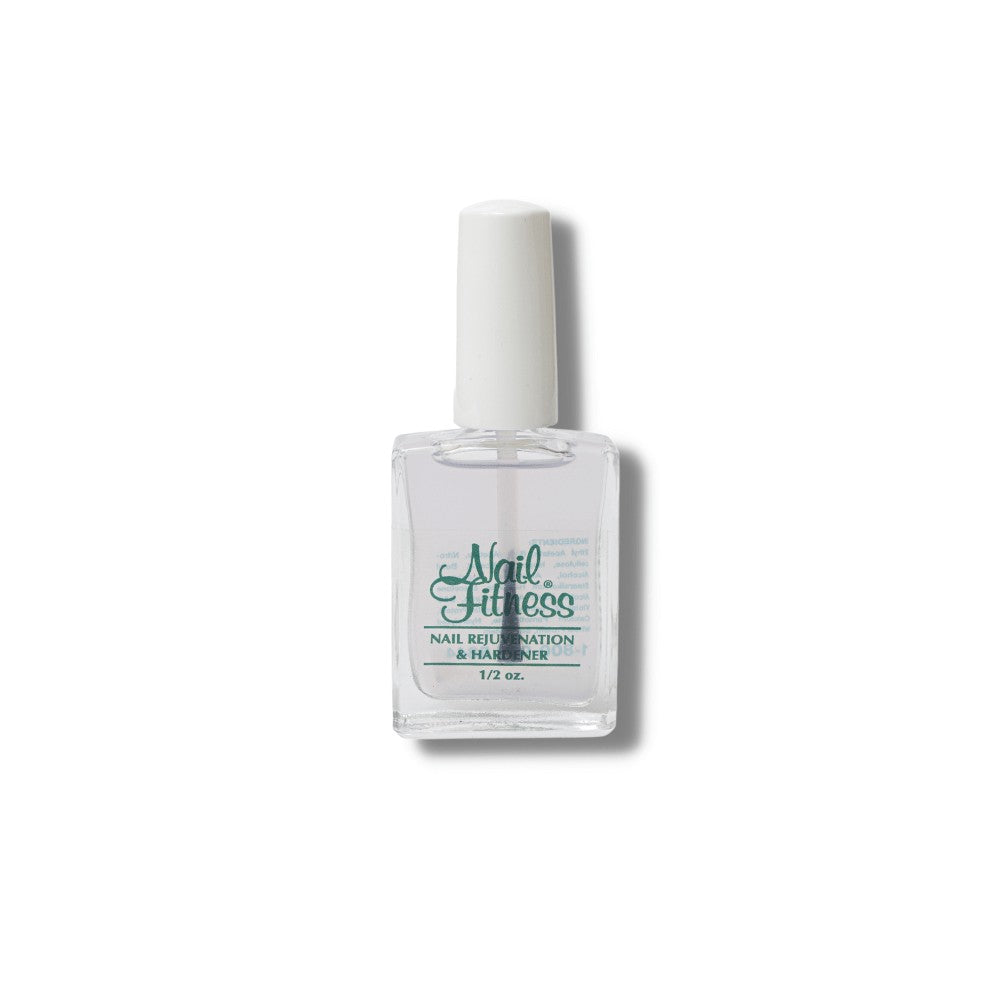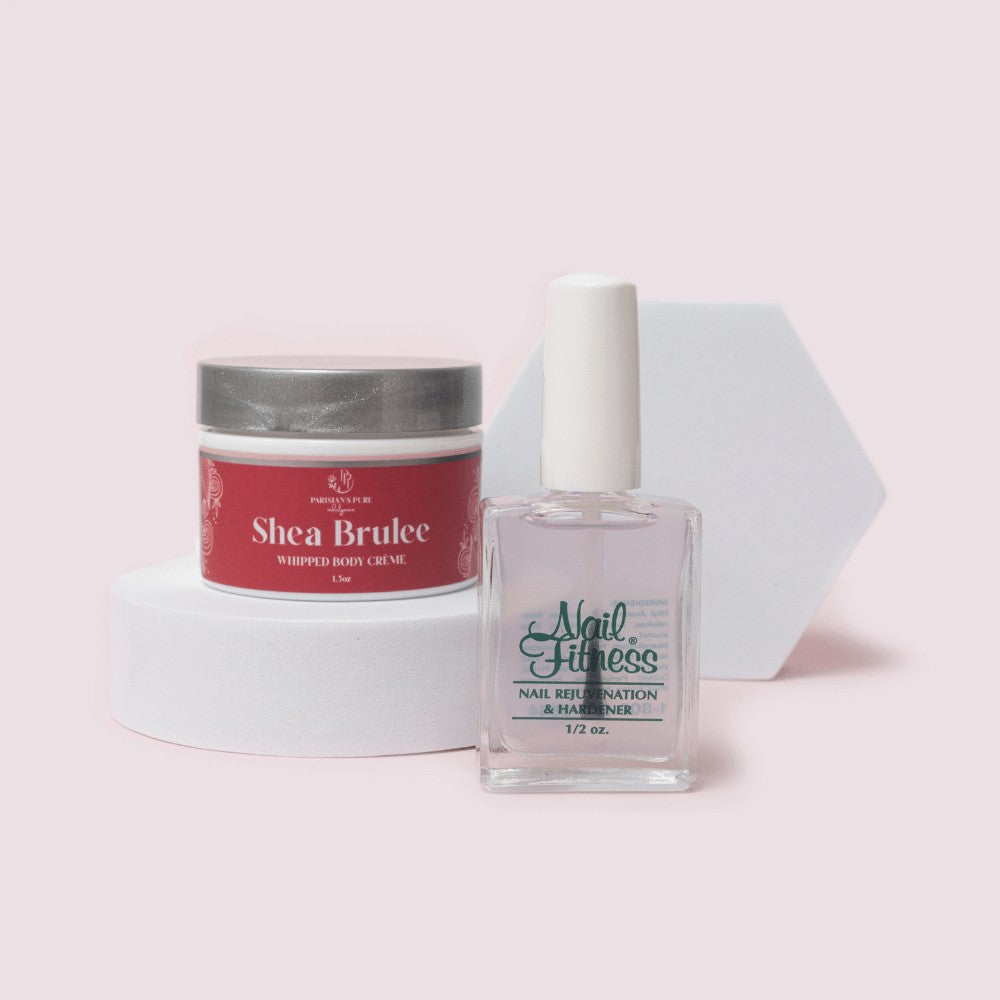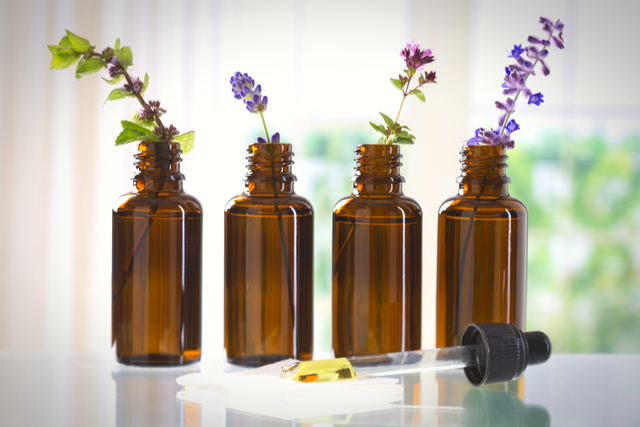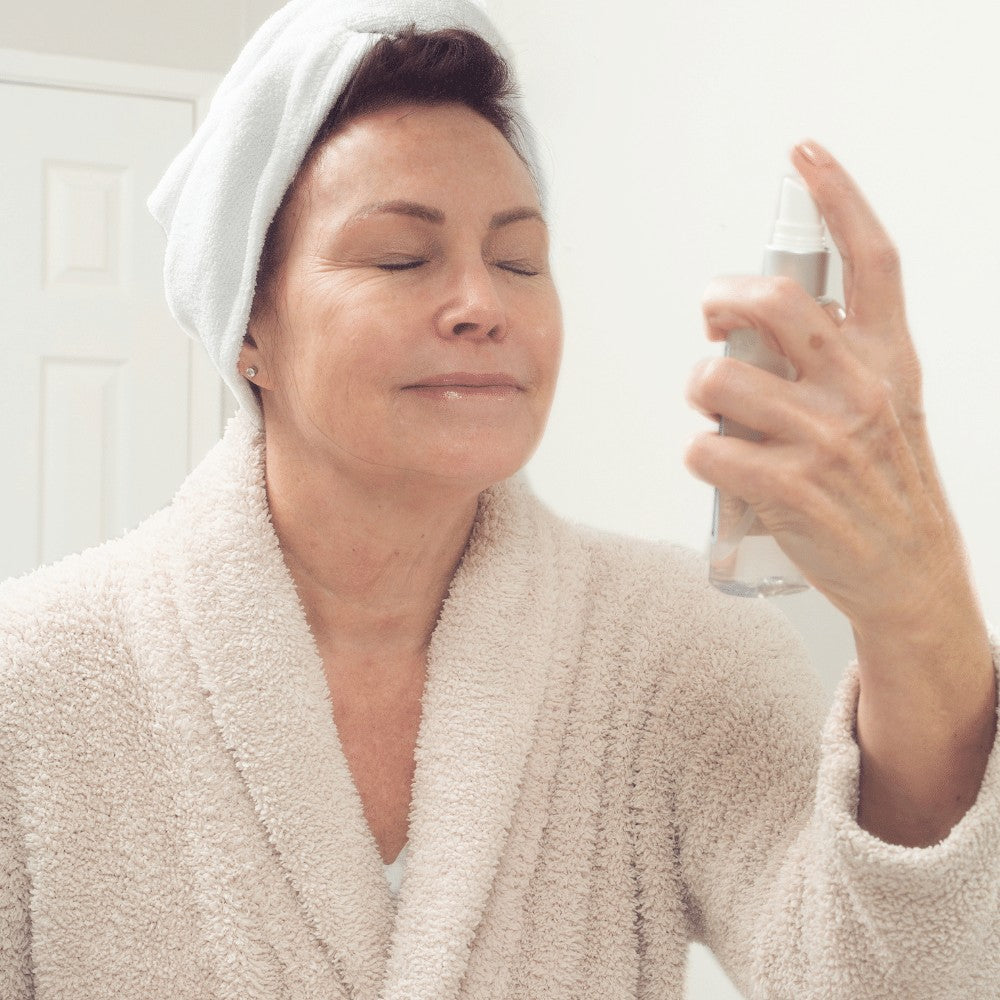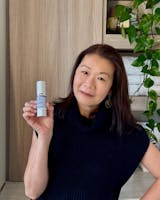Essential Oils 101 - The basics
Chances are you use or know someone using essential oils in their daily lives. Have you ever wondered how to use them, why you should, and where the use of essential oils all began? Take a journey with me into the fascinating world of aromatherapy...
Aromatherapy or the practice of treatment with scent has been in existence throughout the ages. The Egyptians were pioneers in the use of essential oils. They are believed to have used essential oils in their cosmetics, daily baths, in massages, and to fumigate sick rooms.
The bible references the use of various plants, herbs, perfumes, anointing and holy oils, 231 times. We all know the wise men came bearing gifts of frankincense and myrrh for the Messiah, Jesus. Why? Because essential oils were of great worth.
Aromatherapy gained more popularity in the late 20th century when it became apparent that certain scents do change brain activity, thus affecting moods. Some of this research has been ongoing for over a decade, and scientists have learned more about how aromas affect us.
In the US, Aromatherapy gained even more popularity in the 1980's
In the 80's valuable plant extracts were being added to skincare, candles, and makeup for their aromatic benefits.
The 1990s found the profession of aromatherapy becoming integrated into holistic medical practices. The profession of aromatherapy is now recognized as a standard in several states. It was even added to the Business Dictionary as:
"Aromatherapy: A complementary therapy that uses natural essential oils, such as those from flowers or herbs, to create a more natural and healthy state of mind and body."
Today there are trained professionals --aromatherapists, physical therapists, and natural medicine doctors all using aromatherapy to promote healing for a range of ailments.
I became a certified aromatherapist in 2019.
I'm completely fascinated by the benefits of adding essential oils into my wellness routine. I personally own 3 diffusers and I diffuse blends for immunity support, emotional support, and sleep, daily. I have launched 3 essential oil blends for my company, Parisian's Pure Indulgence. More blends are coming in the future.
Dr Robert Tisserand is one of the world's leading experts in aromatherapy. He is an author, consultant, and online educator. He keeps is finger on the pulse of scientific development in the aromatherapy world. Robert Tisserand is the author of "Essential Oil Safety" -- The book I refer to whenever I'm formulating/blending.
There are three ways in which essential oils can be used:
Topical application: Essential oils can be applied directly to the skin, but should always be diluted first. Carrier oils such as jojoba, almond, coconut, or grapeseed oil can be used to dilute essential oils.
Inhalation: Essential oils can also be inhaled. This is the quickest and most effective way to get the oils into the bloodstream.
Internal use: Although it is possible to take essential oils internally, it is not recommended unless under the guidance of a qualified aromatherapist. We do not support this practice under any circumstances. Refer to Robert Tisserand's book, Essential Oil Safety for more on this topic.
There are literally hundreds of essential oils with their own unique qualities and benefits for issues from emotional support, immunity strength, to sleep. Some of our favorites are:
- Rose: As one of the most valuable essential oils in the world, rose oil is great for reducing skin inflammation and as a facial moisturizer (blended properly of course).
- Frankincense: Works to build up the immune system and reduce inflammation. Useful to treat many skin conditions.
- Tea Tree: Works to stimulate the immune system. Also renowned as an anti-bacterial, anti-fungal oil.
- Myrrh: Can help prevent infections and promotes beautiful skin while minimizing stretch marks. Myrrh is also a natural antiseptic.
- Ginger: Relieves nausea and improves digestion while supporting the health of your joints.
- Eucalyptus: Improves respiratory issues, especially sinus infections and colds. Also used as a natural way to wake up your mind when you’re tired.
- Lavender: Great for healing wounds, calming nerves, insomnia and improving moods. A natural choice for adding to personal care products.
- Chamomile: good for the treatment of nervous conditions and insomnia. It's anti-bacterial and antiseptic and is valued for its anti-inflammatory properties.
- Grapefruit: improves digestion, promotes energy and enhances mood.
Which are your favorite Essential Oils? Which do you use regularly?

